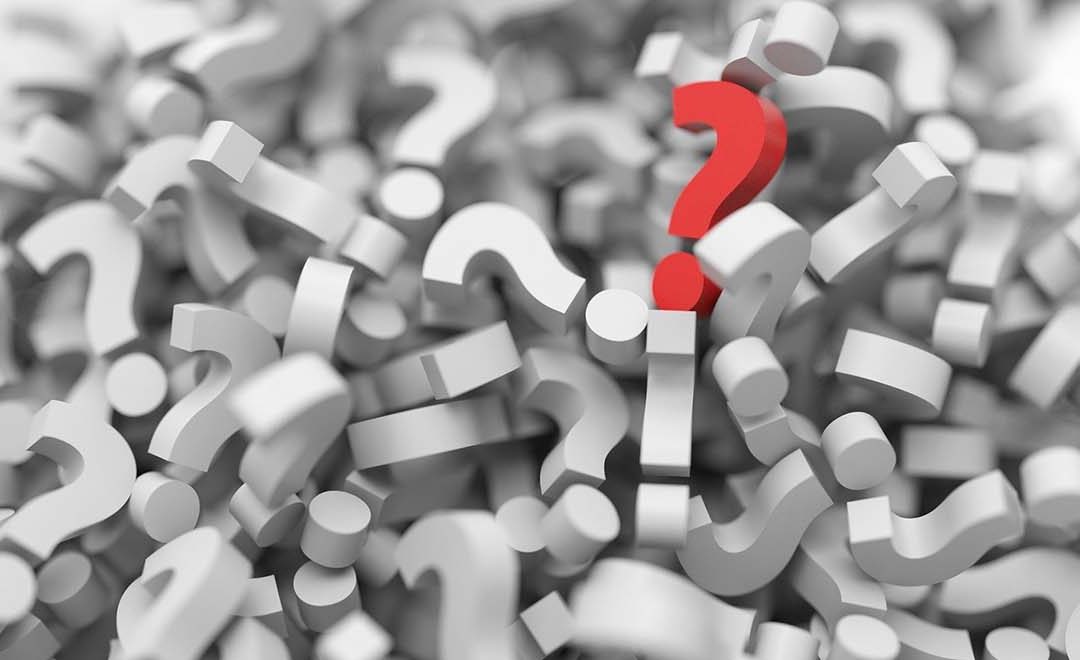 The European Union is introducing a new slate of rules, with the aim of ensuring products on the single market are both safe, and compliant with a range of legislation designed to increase safety and security.
The European Union is introducing a new slate of rules, with the aim of ensuring products on the single market are both safe, and compliant with a range of legislation designed to increase safety and security.
The new rules will ensure that any product placed on the internal market is in line with previous EU rulings regarding health and safety, health and safety in the workplace, consumer rights, public security, and environmental responsibility.
The European Council’s Permanent Representatives Committee endorsed a provisional deal, reached on 7 February, between the Romanian presidency of the Council and representatives of the European Parliament regarding a proposal for a regulation, which enhances the enforcement of EU rules for non-compliant products, while “increasing the confidence of consumers and other end-users in products placed on the EU market.”
The main objective is to “improve the functioning of the internal market with a view to ensuring that only compliant products are made available.”
“Non-compliant products that enter the EU market distort competition and put consumers and professional end-users at risk,” read a statement. “Businesses are often active both within the EU and worldwide, and modern supply chains are evolving rapidly, including distance sales.”
There has been much discussion of the nature of compliance of late, in particular regarding prohibited substances like brominated flame-retardant DecaBDE, which has recently been found within some cartridge casings, and so these new rules should go some way to addressing concerns, as the EU tightens control.
The regulation consolidates the existing framework for market surveillance activities; “addresses the challenges” of international e-commerce and online trade; encourages joint actions by market surveillance authorities from several member states; introduces a “fully digital workflow” for improving the exchange of information between authorities and the Commission; and creates a “strengthened framework” for controls on products entering the single market and for improved cooperation between market surveillance authorities and customs authorities.
Market surveillance authorities act in the interest of economic operators, end-users, and of the general public, to ensure that public interests covered by respective EU harmonisation legislation on products are protected. While performing their activities, market surveillance authorities ensure a high level of transparency and make available to the public any information that they deem relevant in order to protect the interests of end-users in the Union.
The market surveillance and compliance Regulation is part of the so-called “Goods package”, which also contained the proposal for a regulation of the European Parliament and of the Council on the mutual recognition of goods lawfully marketed in another member state, concluded successfully in 2018.
The agreed text, following the usual legal and linguistic scrutiny, will now be submitted to the European Parliament and the Council for formal adoption.




















